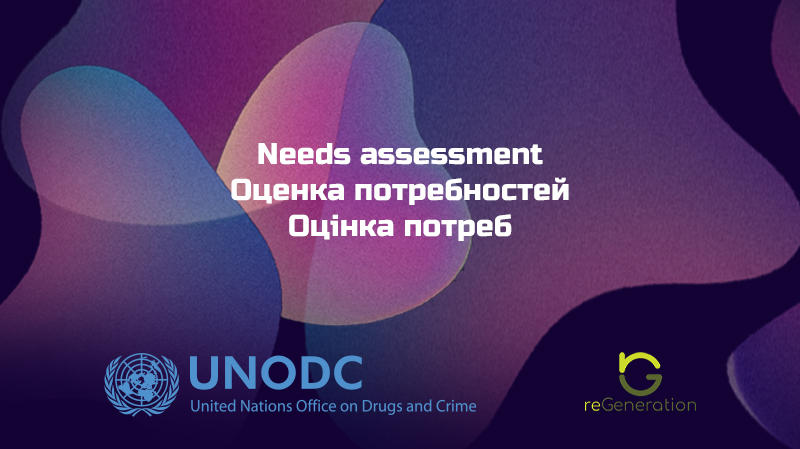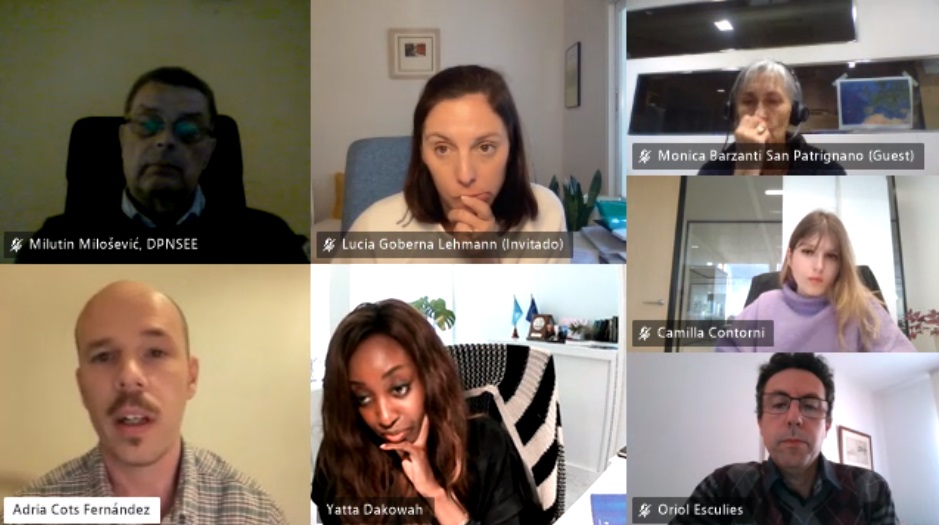United Nations Office on Drugs and Crime (UNODC) released the World Drug Report on the International Day against Drug Abuse and Illicit Trafficking.
A global reference on drug markets, trends and policy developments, the World Drug Report offers a wealth of data and analysis and in 2024 comprises several elements tailored to different audiences. The web-based Drug market patterns and trends module contains the latest analysis of global, regional and subregional estimates of and trends in drug demand and supply in a user-friendly, interactive format supported by graphs, infographics and maps. The Key findings and conclusions booklet provides an overview of selected findings from the analysis presented in the Drug market patterns and trends module and the thematic Contemporary issues on drugs booklet, while the Special points of interest fascicle offers a framework for the main takeaways and policy implications that can be drawn from those findings.



As well as providing an in-depth analysis of key developments and emerging trends in selected drug markets, the Contemporary issues on drugs booklet looks at several other developments of policy relevance. The booklet opens with a look at the 2022 Taliban ban on the cultivation and production of and trafficking in drugs in Afghanistan and its implications both within the country and in transit and destination markets elsewhere. This is followed by a chapter examining the convergence of drug trafficking and other activities and how they affect natural ecosystems and communities in the Golden Triangle in South-East Asia. The chapter also assesses the extent to which drug production and trafficking are linked with other illicit economies that challenge the rule of law and fuel conflict. Another chapter analyses how the dynamics of demand for and supply of synthetic drugs vary when the gender and age of market participants are considered. The booklet continues with an update on regulatory approaches to and the impact of legalization on the non-medical cannabis market in different countries, and a review of the enabling environment that provides broad access to the unsupervised, “quasi-therapeutic” and non-medical use of psychedelic substances. Finally, the booklet offers a multi-dimensional framework on the right to health in the context of drug use; these dimensions include availability, accessibility, acceptability, quality, non-discrimination, non-stigmatization and participation.
The World Drug Report 2024 is aimed not only at fostering greater international cooperation to counter the impact of the world drug problem on health, governance and security, but also at assisting Member States in anticipating and addressing threats posed by drug markets and mitigating their consequences.
Key highlights of the report include:
- Rise in drug abuse: In the decade to 2022, the number of people using illicit drugs increased to 292 million.
- Most abused drugs: Cannabis followed by opioids, amphetamines, cocaine, and ecstasy.
- Most affected regions:Criminal activity and trafficking are common in remote regions with multiple borders and limited governance such as:
- Triple Frontier area (Argentina, Brazil and Paraguay) and Golden Triangle (Laos Myanmar and Thailand).
- Cannabis legalisation: Cannabis was legalised across Canada, Uruguay, and 27 jurisdictions in the US.
- THC (delta9-tetrahydrocannabinol) is believed to be the main ingredient behind the psychoactive effect of the drug.
- Environmental fallout: Illegal drug-related activities contribute to deforestation, toxic waste dumping, and chemical contamination.
To access the World Drug Report, following this link>>>.




 The program of the training was developed following the
The program of the training was developed following the 
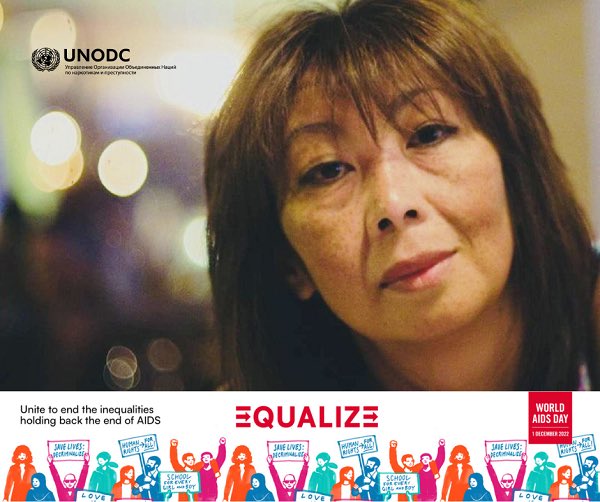

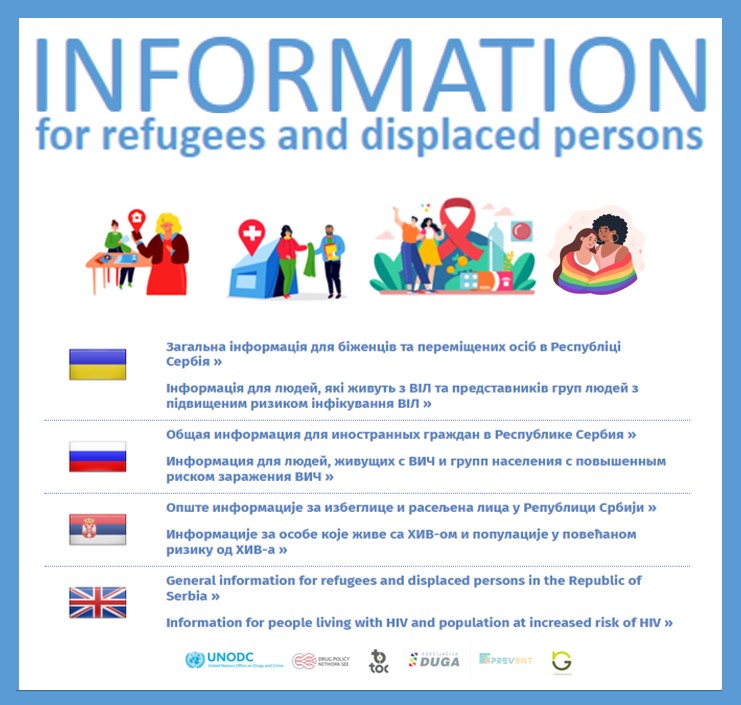
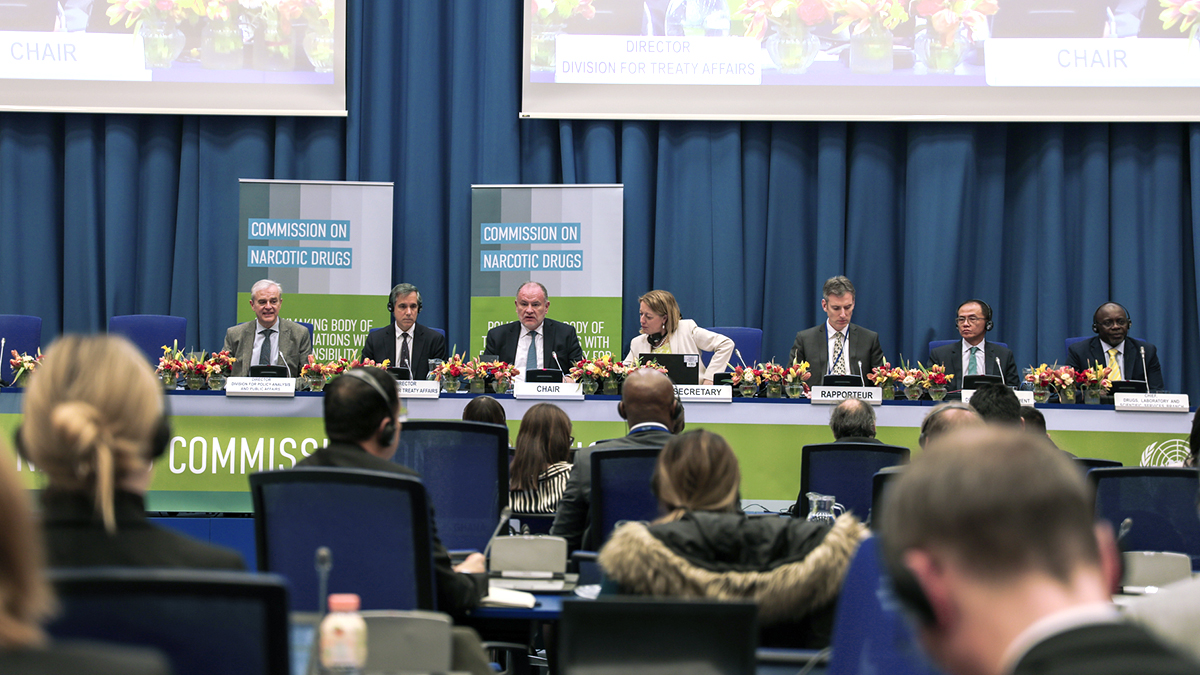

 DPNSEE President Nebojša Djurasović, Board Member Marios Atzemis, Executive Director Milutin Milošević and several other member organisations’ representatives participated in the event. For the first time, DPNSSE participated in the meeting in full capacity as an ECOSOC-accredited NGO.
DPNSEE President Nebojša Djurasović, Board Member Marios Atzemis, Executive Director Milutin Milošević and several other member organisations’ representatives participated in the event. For the first time, DPNSSE participated in the meeting in full capacity as an ECOSOC-accredited NGO.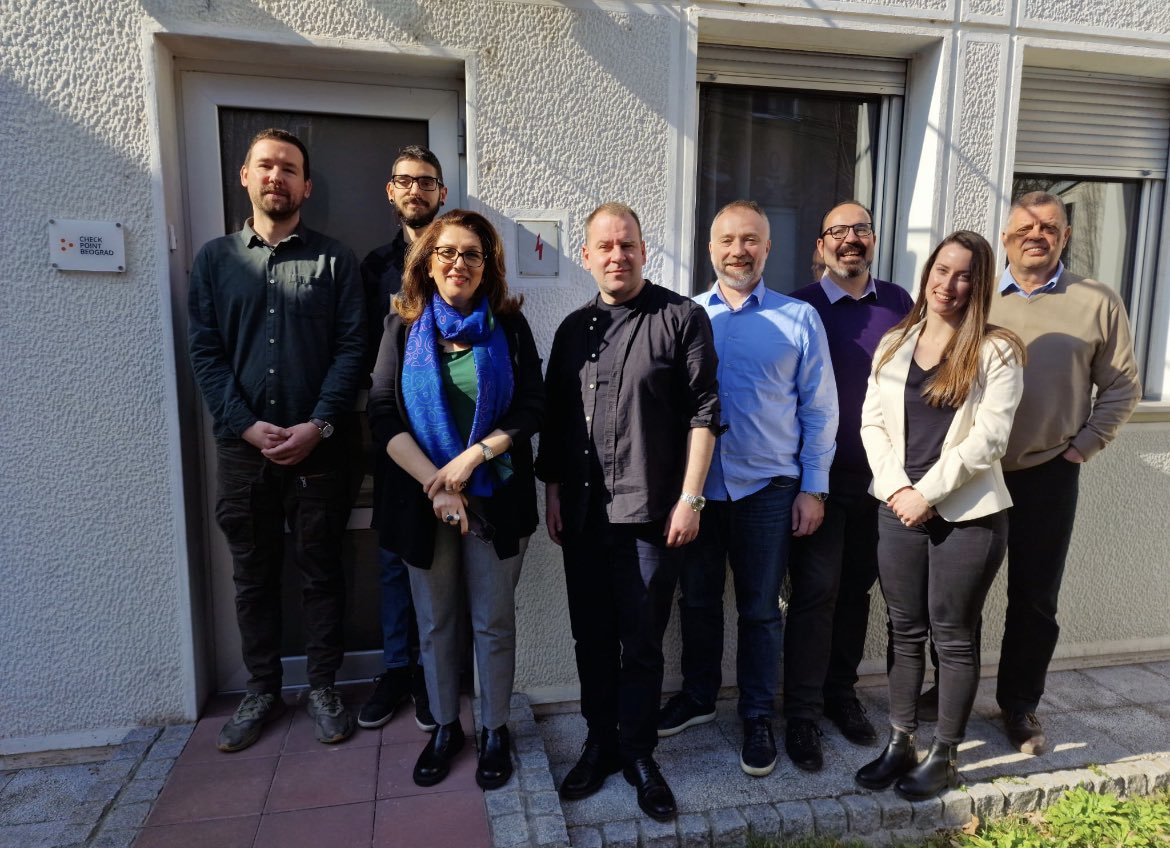
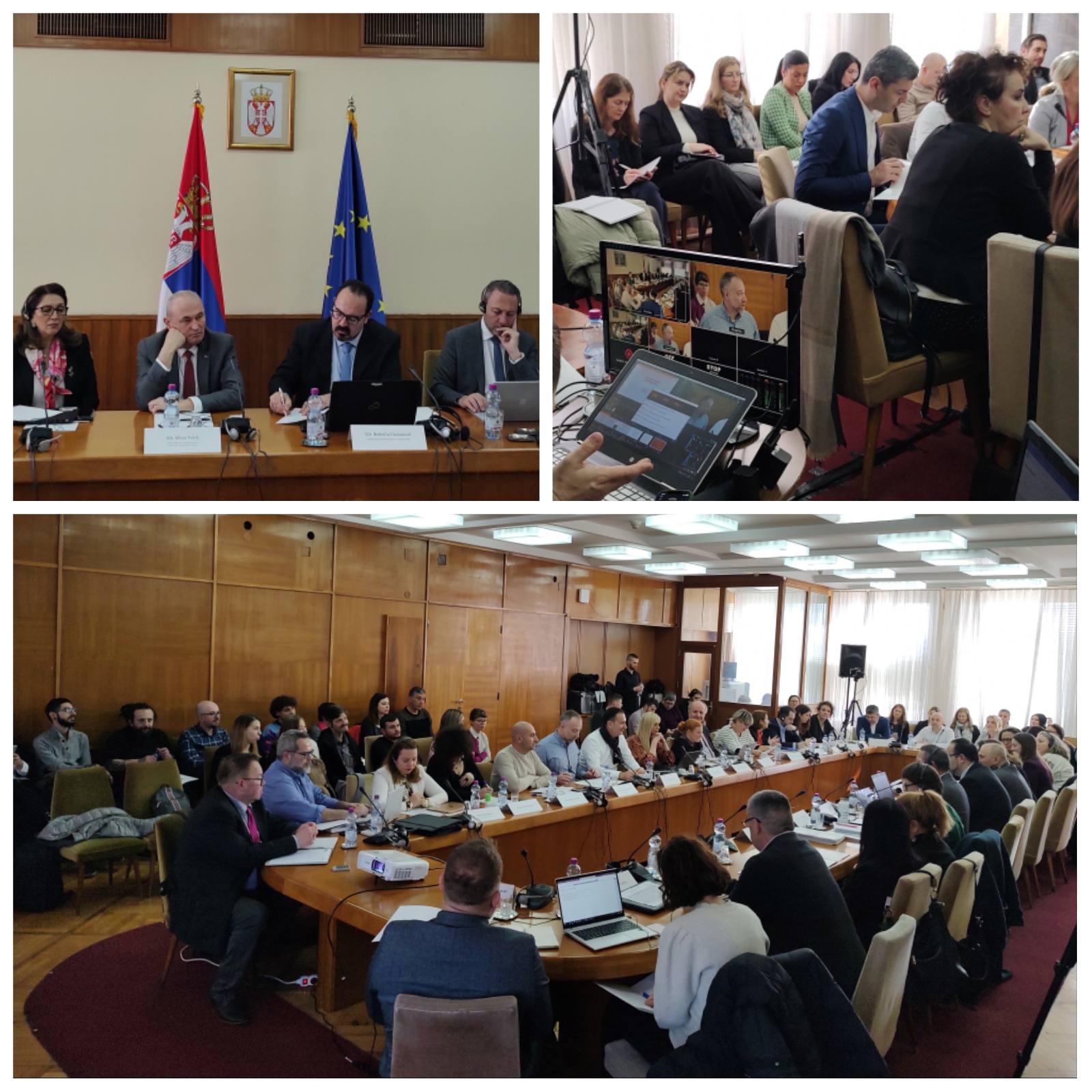
 The aim of the event was mobilising civil society, service providers, policymakers and other national stakeholders from the Western Balkan region to ensure wide and all-involving drug strategy development process, with the focus on evidence and human rights-based drug strategies which prioritise health-related needs and resources.
The aim of the event was mobilising civil society, service providers, policymakers and other national stakeholders from the Western Balkan region to ensure wide and all-involving drug strategy development process, with the focus on evidence and human rights-based drug strategies which prioritise health-related needs and resources.
